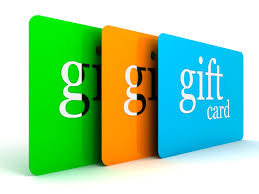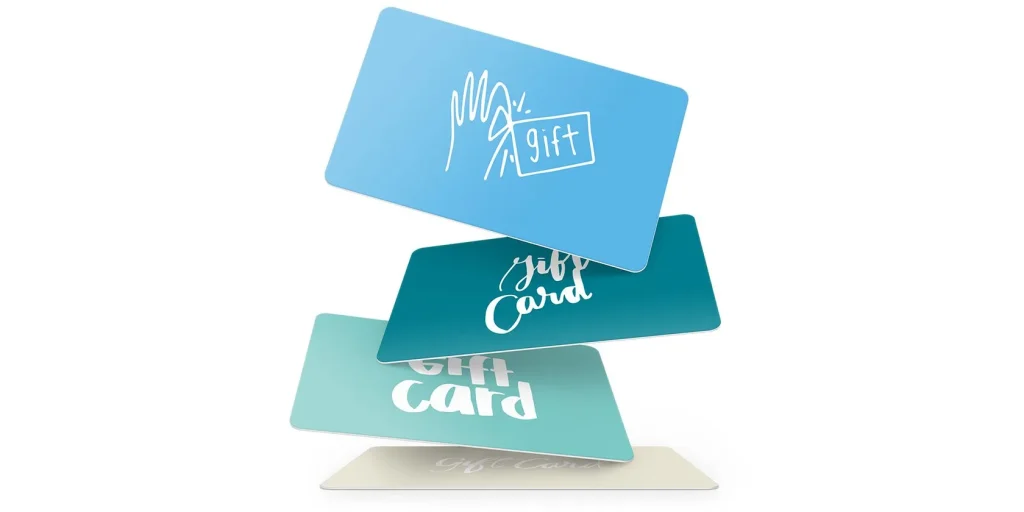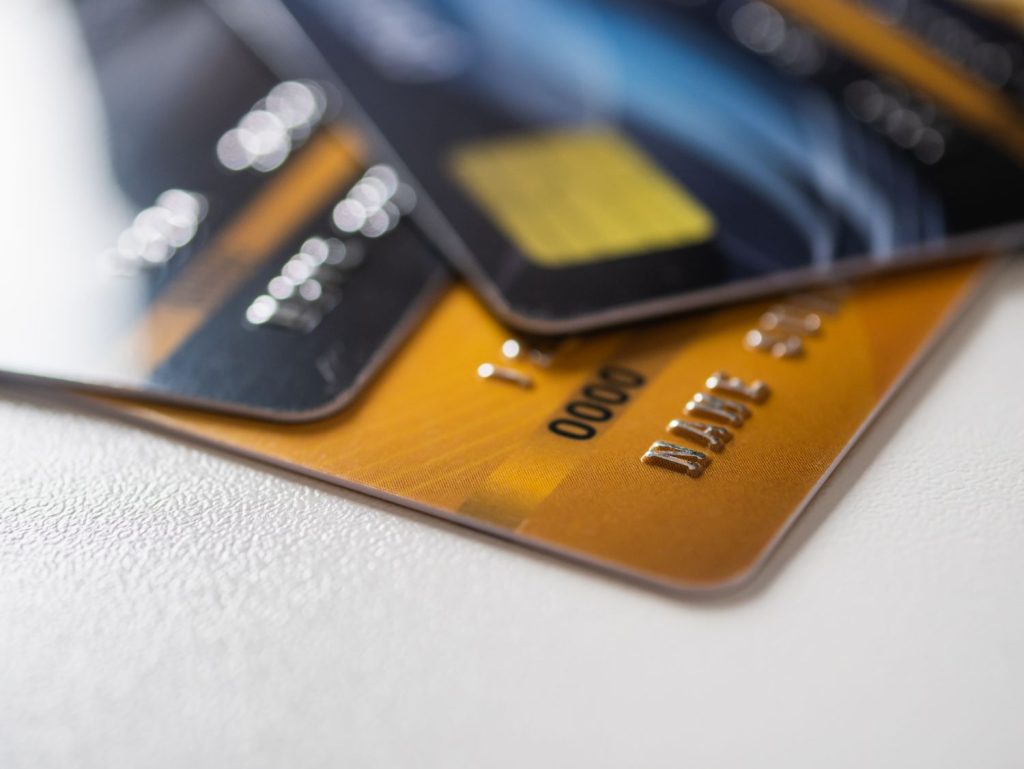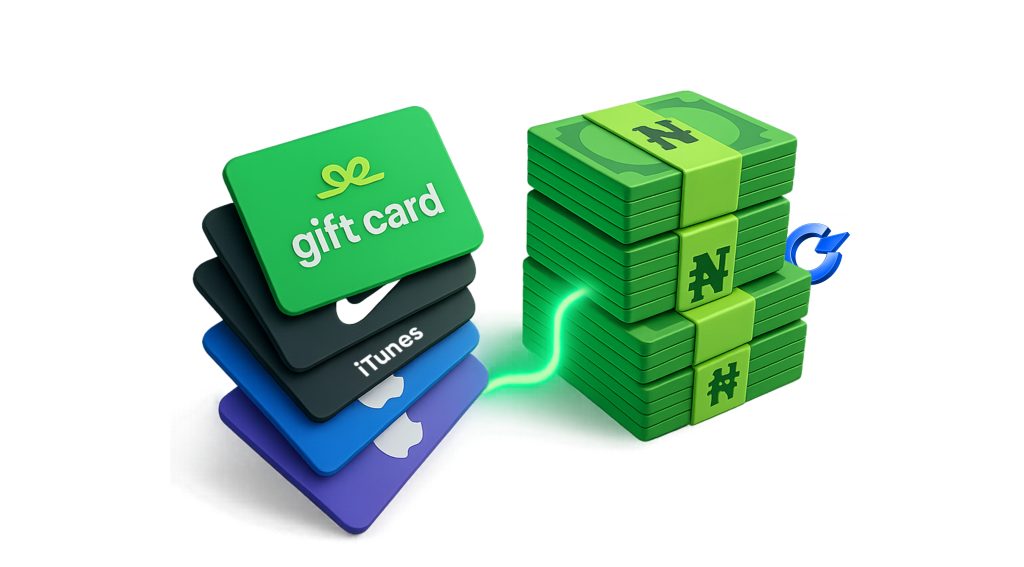Physical Address
60 Ekwema Cres, Layout 460281, Imo
Physical Address
60 Ekwema Cres, Layout 460281, Imo

Across the world, a lot of people have access to gift cards and are tremendously popular as gifts and rewards – in fact, about 93% of Americans have either given or received a gift card at some point. Yet some are still asking, what are gift cards actually used for? How is it used? These questions are common among mostly, new gift cards users.
Gift cards are prepaid vouchers or codes loaded with a specific monetary value. They function like cash or debit cards for purchases at certain stores or platforms. People often use gift cards to buy products or services at the issuing retailer, but their uses go beyond just shopping.
In this writing, you will gain a better understanding of what gift cards are used for, how they work, the main types available, how to buy them online, and even ways to convert gift card balances into cash.

While many think of gift cards simply as store payment, they serve multiple purposes:
This is the primary use. Gift cards let you buy items and services at participating merchants just like cash. For example, a grocery store gift card can be used to pay for food and household items; a digital gift card (e.g. Amazon, Google Play) can be redeemed online for apps, games, or products. Gift cards act like debit cards and are used in retail outlets, restaurants, gas stations, and any business that accepts them.
Gift cards are popular presents for any occasion. They allow the recipient to choose what they want. Instead of guessing someone’s size or preference, you give a gift card to their favorite store. The recipient then has total control over what they want to purchase.
For example, if a friend wants new sneakers, you can gift a Nike gift card and they pick the exact style. Gift cards remove the worry of buying the wrong item, making them a convenient solution for birthdays, holidays, and other celebrations.
Companies use gift cards to reward employees or customers. A gift card can act as a bonus, incentive, or loyalty reward. It also advertises the brand itself, since a physical gift card often bears the store’s logo – essentially serving as a mini-billboard each time someone carries it.
For example, a cafe might give customers a $10 gift card for referrals. The gift card encourages future visits and keeps the brand in the customer’s mind. (Marketing guides note that gift cards can be powerful promotional tools for businesses.)
Some gift cards are like mini-savings accounts. If a gift card has no expiration, it effectively stores money for future use. For instance, if you know you’ll shop at a store later, you can preload money onto a gift card now. Cardtonic notes that cards without expiration dates “are an excellent way to store money for future use”. You could buy a $50 gift card during a sale and redeem it months later when the time comes to shop.
Unused gift cards can often be converted to cash. Many countries have marketplaces or services for selling gift cards. For example, specialized sites allow users to “make money with your gift card by redeeming unused gift cards for cash”.
Billions of dollars in gift cards go unused every year, but you can sell these cards to gift card exchange platforms. These platforms buy your gift card at a reduced rate and give you cash. This process turns a seldom-used gift card into spendable money.
So, beyond just buying products, gift cards are used for gifting flexibility, budgeting (spending limits curb overspending), business marketing, storing pre-paid funds, and even being sold for cash.
Also check out the 15 Legit Apps to Trade Gift Cards in Nigeria | 2026 Update
A gift card typically works as a prepaid debit card for a specific store or platform. The retailer sells the card with a certain stored value (for example, $25). You then give the card to someone, or buy it for yourself.
To use it, the card is presented at checkout – either physically or digitally – and the purchase amount is deducted from the card’s balance. If the purchase price exceeds the card’s value, you can usually pay the difference with a secondary payment (credit card or cash).
Gift cards come in two main forms: physical plastic cards and ecodes/digital gift cards. Physical cards look like credit cards; they often have a magnetic stripe or barcode. Digital gift cards (eGift cards) are virtual codes delivered by email.
The recipient gets a code (e.g. “ABCDEFG123”), and they enter it on the store’s website or app to redeem. Once redeemed, the balance is added to the account or stored value wallet.
Behind the scenes, each gift card has a unique ID and PIN (for security). The issuing company’s system tracks the remaining balance. Every time you use the card, that system deducts the spent amount. When the balance reaches zero, the card is done. Some cards can be reloaded with more funds (a few grocery and department store cards allow adding value).
In effect, gift cards work like small bank accounts. You preload money onto the card, and you spend up to that amount. Because they are prepaid, you can’t spend more than the card’s value. This also means they carry low risk (no credit is involved) and often have fewer fraud issues than credit cards.
gift cards work by preloading a fixed cash amount onto a card or code, then allowing purchases up to that value. They require activation (the initial loading of funds) and are then used at the associated merchant as tender.
Explore the Best Sites to Buy Gift Cards Online in USA
Gift cards come in several broad categories:

These are branded for one retailer or a specific group of retailers. For example, a Walmart gift card (only works at Walmart), or a cinema gift card (only at a specific theater chain). The card can usually only be redeemed at the issuing store. Closed-loop cards often have no expiration (depending on local law) and no fees.
They are highly convenient if you know the recipient shops at that store. (Closed-loop cards are common for stores like Costco, a chain of electronics stores, grocery chains, etc.)

These are issued by banks/financial networks (Visa, Mastercard, or American Express) and can be used anywhere that network is accepted. Think of them as like a prepaid debit card for general spending. For instance, a Visa gift card or an American Express gift card that any merchant (online or offline) can swipe.
Open-loop cards are versatile but often carry purchase fees and sometimes inactivity fees. For example, Visa explains their gift cards are universally accepted.

Functionally any brand’s gift card may have a physical version or an eGift (digital code) version. Physical cards are bought in stores; eGift cards are emailed instantly. The content (value and usage) is the same. E-gift cards have become popular for instant gifting.

Some shopping malls or associations offer gift cards usable at multiple stores within a group. For example, a mall gift card works at any shop in that mall (specialty or chain). These are effectively mini closed-loop but covering many retailers in one place.

Sometimes categorized separately, these are essentially the same as open-loop Visa/Mastercard cards. They can be reloadable and used like bank cards. They are useful if you don’t know the recipient’s favorite store.
E.g. gaming cards (Steam, PSN) or travel cards (hotel vouchers) are closed-loop but worth mentioning as common subtypes.
In general, we can classify by redemption network (closed vs open) and by format (physical vs digital). The Gift Card Warehouse blog similarly explains closed-loop cards (specific retailer, only redeemable there) versus open-loop general-use cards (Visa/Mastercard). Those two distinctions cover most gift cards out there.
Check out the Best Apps to Sell Google Play Gift Cards in Nigeria 2025
Buying gift cards online is easy. Most retailers that sell gift cards have online stores. For example:
1. Retailer Websites: Big brands sell gift cards directly on their websites. For instance, Amazon.com lets you purchase Amazon eGift cards. Visa’s or Mastercard’s official sites offer the ability to buy prepaid Visa or Mastercard gift cards. The American Express gift card site lets you buy custom-designed Amex gift cards (see Amex Gift Card shop).
2. E-commerce platforms: Sites like GiftCards.com, Raise.com, or local equivalents allow you to browse and buy hundreds of different brand gift cards in one place. These sites often have promotional offers.
3. Physical retailers with online sales: Grocery stores, pharmacy chains, or electronics stores that have online shopping often include gift cards in their catalogs. For example, a supermarket’s website may list gift cards as a product.
4. Mobile apps: Many brands’ apps (Starbucks, restaurants, etc.) allow you to purchase gift cards digitally.
5. Payment providers: Services like PayPal or Google Pay sometimes let you buy e-gift cards.
To buy, simply go to the brand’s gift card page, pick an amount/design, and pay with your credit/debit card. You will receive a code or a plastic card by mail (depending on choice). Keep in mind the rules: some cards only sell in specific countries. Also watch for activation fees (common on Visa/Mastercard gift cards).
For example, on the Visa site you might select a design and amount for a Visa gift card (loading $50 means you pay $50 plus a small fee). On Amazon, you choose a value and enter the recipient’s email for an instant Amazon code. Payment is straightforward, and most eGift cards are delivered instantly by email or app notification.
To buy gift cards online, visit the official page of the card or a reputable gift card reseller, select the card/value, and pay. Always use secure sites. Many official gift card retailers (like Amex, Visa, Walmart, etc.) clearly mark the process.
Read also: How to Buy Gift Cards Online in Nigeria | Full Guide

If you have a gift card you won’t use, you can often turn it into cash or near-cash value. Here are common methods:
1. Sell to Gift Card Exchange Sites: There are dedicated online platforms that buy gift cards. You offer your gift card on a site (like Cardtonic, GiftCardGranny, CardCash, Raise, etc.), indicating the brand and remaining balance. The site then quotes you a cash amount (usually 60–90% of face value).
Accepting the offer means sending them the gift card code, and they transfer money to you (often via PayPal or bank transfer). Cardtonic specifically advertises that you can “make money with your gift card” by selling unused cards. For example, a $100 gift card might sell for $80 in cash, depending on demand.
2. Sell locally or to Friends/Family: You could offer the card to someone you know for a small discount. They pay you cash and use the card themselves. This is easy if you trust the buyer and the card is electronic (you just send them the code).
3. Use It Partially, Then Sell the Remainder: If you only need part of the value, use some on a purchase, then sell the remaining balance.
4. Return to Store (limited cases): Most stores do not allow you to return a gift card for cash. However, check local laws. In some places, very low-denomination cards (like under €5) must be redeemable for cash by law.
5. Credit Card Trick: In rare cases, you might “buy” something from your own account with a credit card using the gift card and then dispute/chargeback, but this is risky and usually against terms of service.
The easiest and most common is to use a gift card marketplace or exchange. These platforms handle all the details and ensure you get paid securely. So yes, you can convert unwanted gift cards into cash via these services, albeit for less than face value.
Alternatively, some people use gift cards themselves for payments and keep the cash equivalent for personal use. For example, an open-loop Visa gift card could be used at an ATM (if it allows withdrawals, though fees apply). But generally, selling on an exchange or peer-to-peer is the straightforward solution.
If you want to convert a gift card to cash, your safest bet is to sell it on a reputable gift-card-for-cash website. This turns unused gift card value into real money, giving new life to a card you wouldn’t otherwise use.
Read Also: Exploring Different Types of Gift Cards in Nigeria
Yes, some gift cards can expire or have their value depleted by fees, but many modern gift cards, especially in the U.S., are legally protected from expiration for a minimum of five years.
It will start accruing inactivity fees if they’re not used for a year, which eats away at their value.
The Apple, Amazon, and Steam gift cards typically have the highest rates in Nigeria due to high demand for their products and services
Gift cards are versatile tools with many uses. We primarily think of them as prepaid cash for shopping – and indeed they make spending convenient. But gift cards are also powerful for giving thoughtful gifts, budgeting spending, and promoting businesses. Understanding how they work (preloaded value, store-specific or general use) helps you choose the right card or manage old balances.
Buying gift cards online is straightforward through retailer sites or gift marketplaces, and even unused gift cards can be monetized by selling them.
Whether you’re looking for the perfect present or want to free up locked funds, gift cards are handy. Gift cards remain a popular choice because they let recipients pick what they want and make payments easy. They even serve as a way to save money (cards without expiration) and a marketing tool for businesses.
Next time you wonder “what are gift cards used for,” remember: from buying goods to receiving cash in return, their use cases are broad and evolving in today’s cashless world.